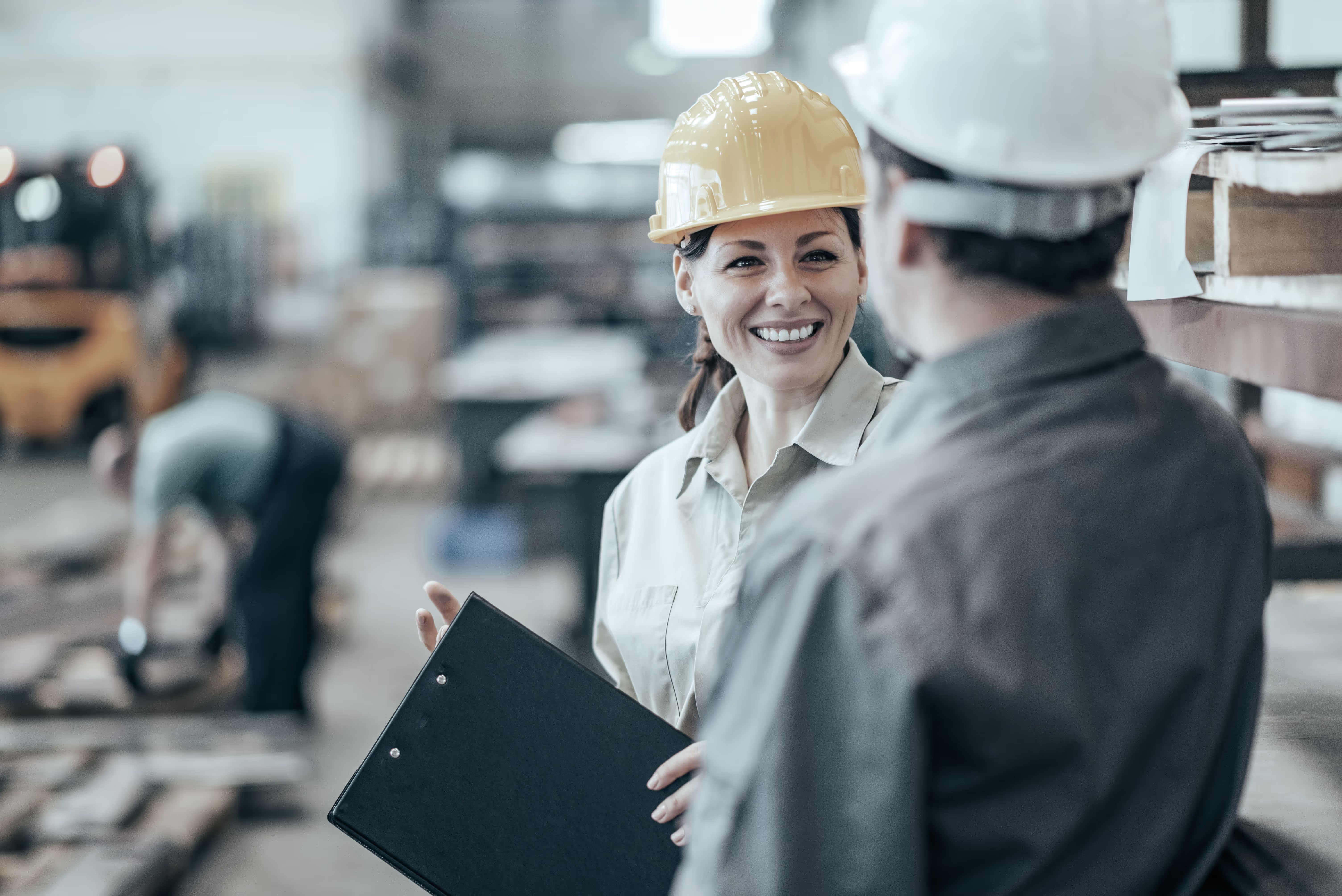We hereby make the declaration of achieving Carbon Neutrality by 2040
MHI has identified two key growth areas to focus on in its Medium-term Business Plan: "Energy Transition," which aims to decarbonize the energy supply side, and “Smart Infrastructure,” which aims to realize decarbonization and promote energy efficiency savings on the energy demand side.
At Mitsubishi Turbocharger and Engine Europe (MTEE), the "Energy Transition Initiative" is demonstrated through the development of new technologies focused on reducing CO2 emissions, primarily targeting the maritime sector, which has the highest CO2 emissions among the (standby engine) markets we serve.
2040 Carbon Neutrality Declaration Of MHI Group
Realizing a Carbon-neutral society is a global issue and MHI believes that as a technology leader, with a proven track record in the field of decarbonization, it is MHI’s responsibility to help lead the fight against climate change. To this end, MHI will adopt the "MISSION NET ZERO" initiative and work with customers, partners, academia, and governments to implement a net-zero future.
#EnergyTransition In Engine Industries
Mitsubishi Engine is committed to supporting the MHI Group's "MISSION NET ZERO" initiative. We contribute through innovative technology and sustainable strategies in the Marine and Industrial industries to advance decarbonization in our operations.

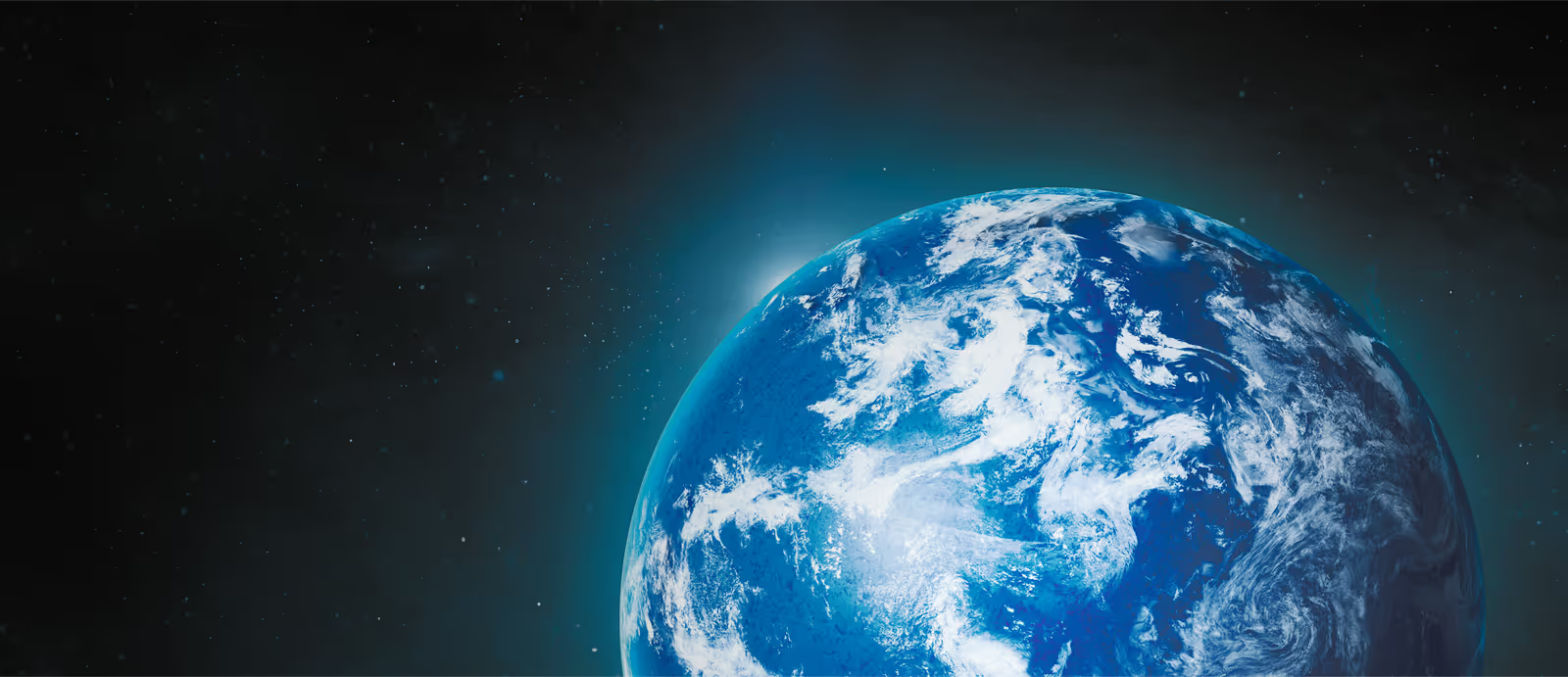
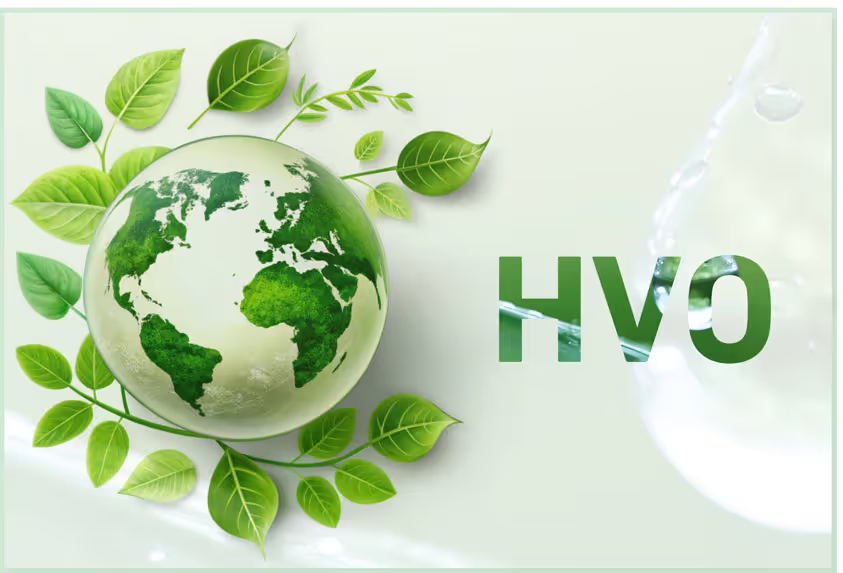
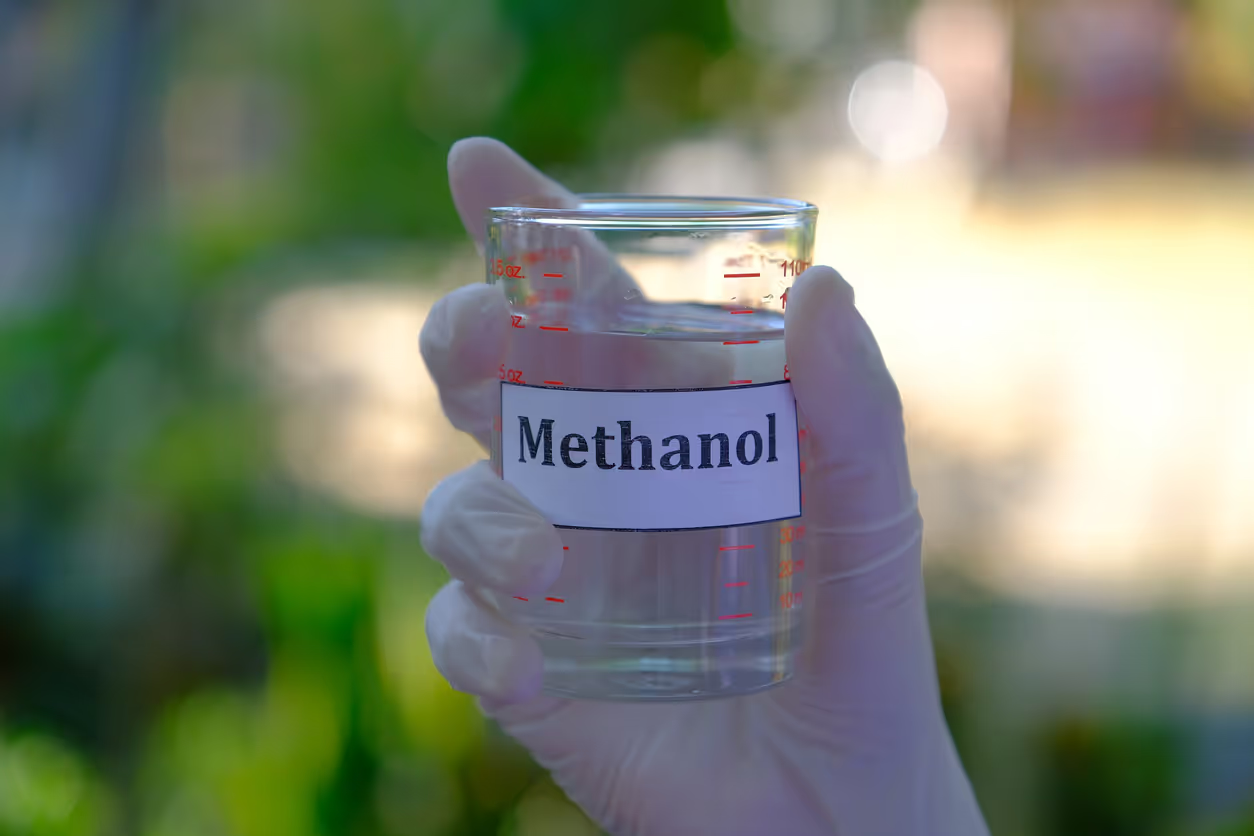
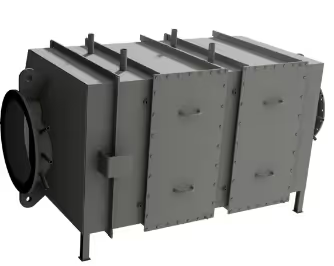
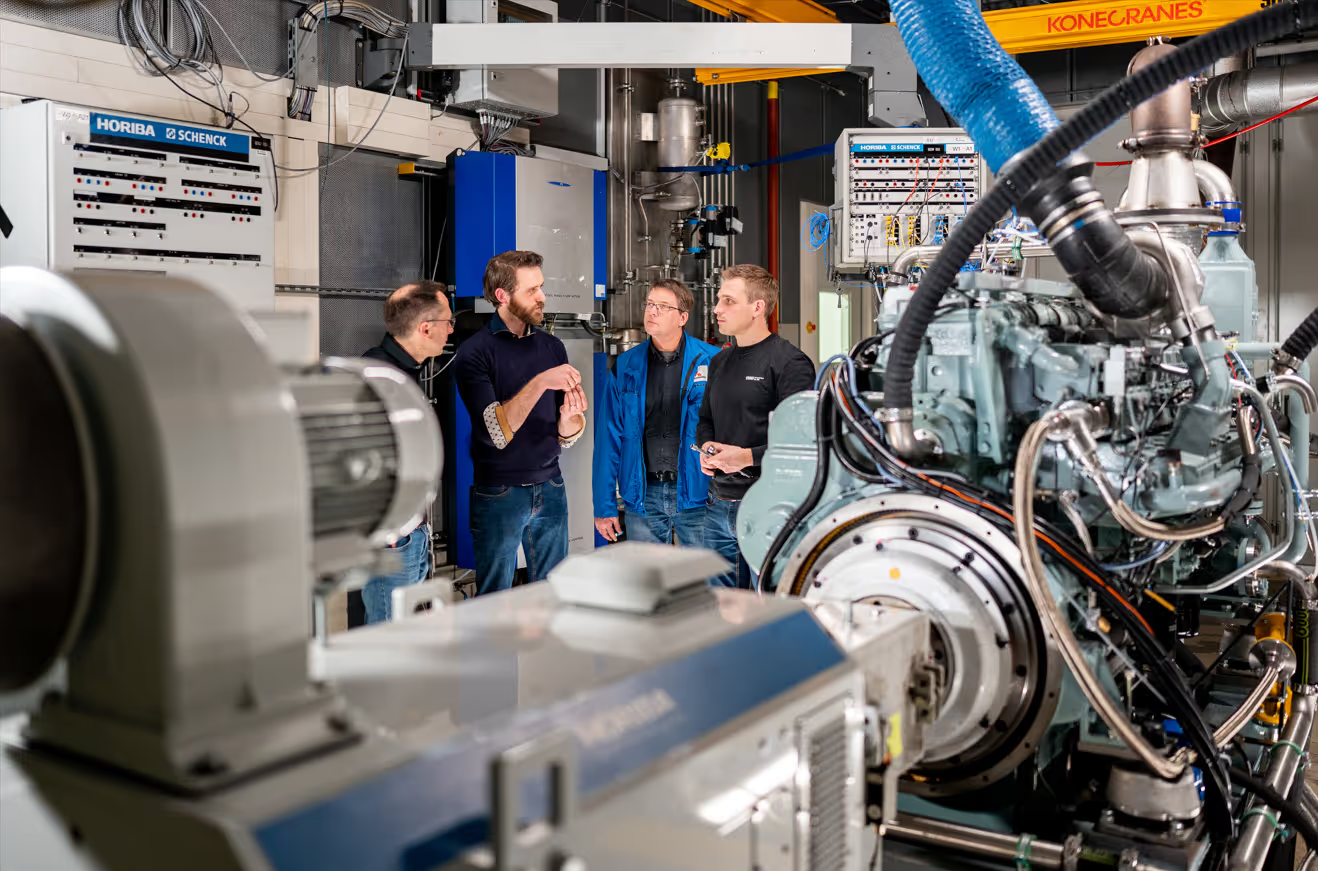
.avif)
.avif)
%EF%BD%9C%E6%99%AF%E8%A6%B3%EF%BC%88%E3%83%95%E3%82%A3%E3%83%B3%E3%83%A9%E3%83%B3%E3%83%89%EF%BC%92%EF%BC%89%20(Aangepast).jpg)
.avif)
.avif)
.avif)
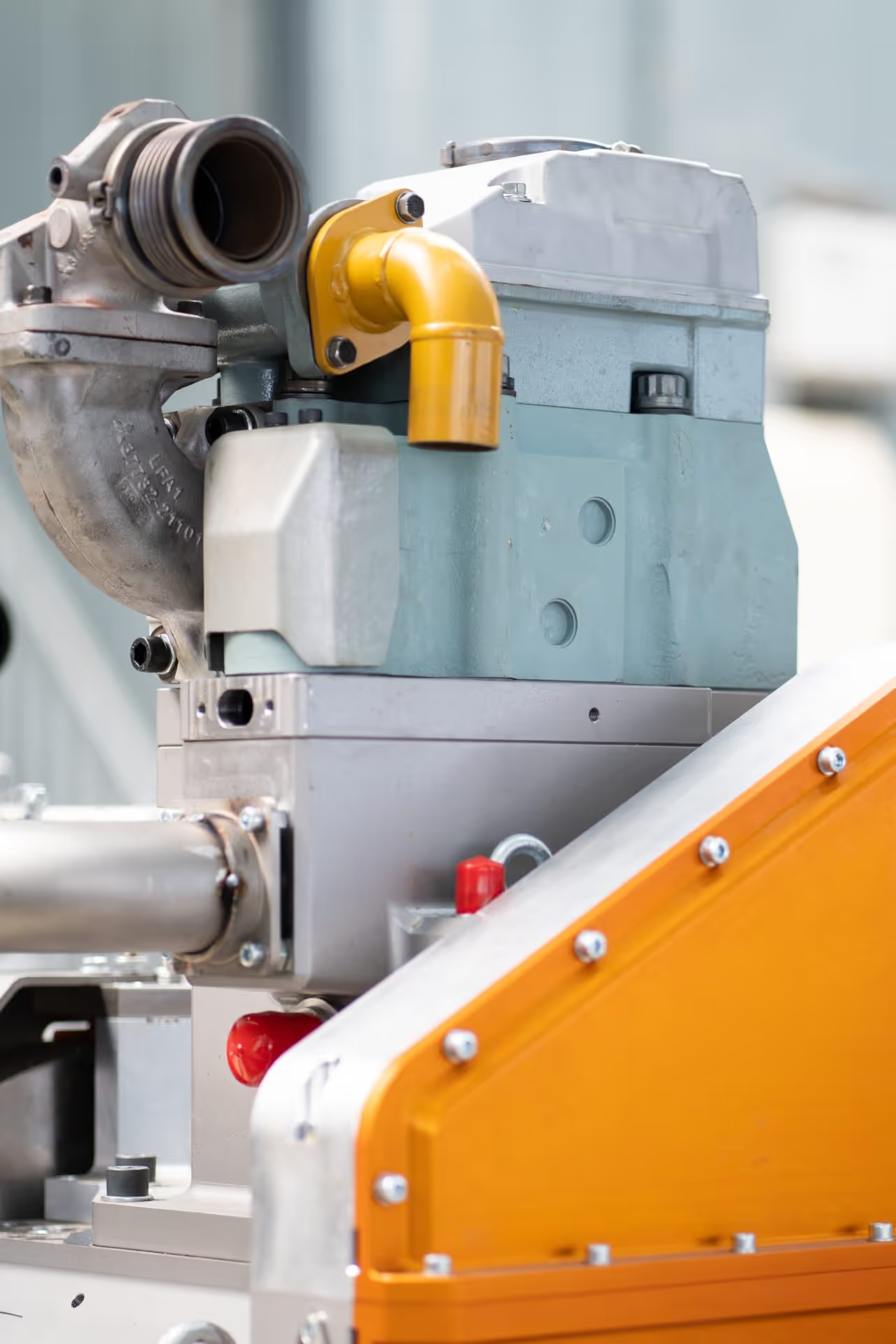
.avif)
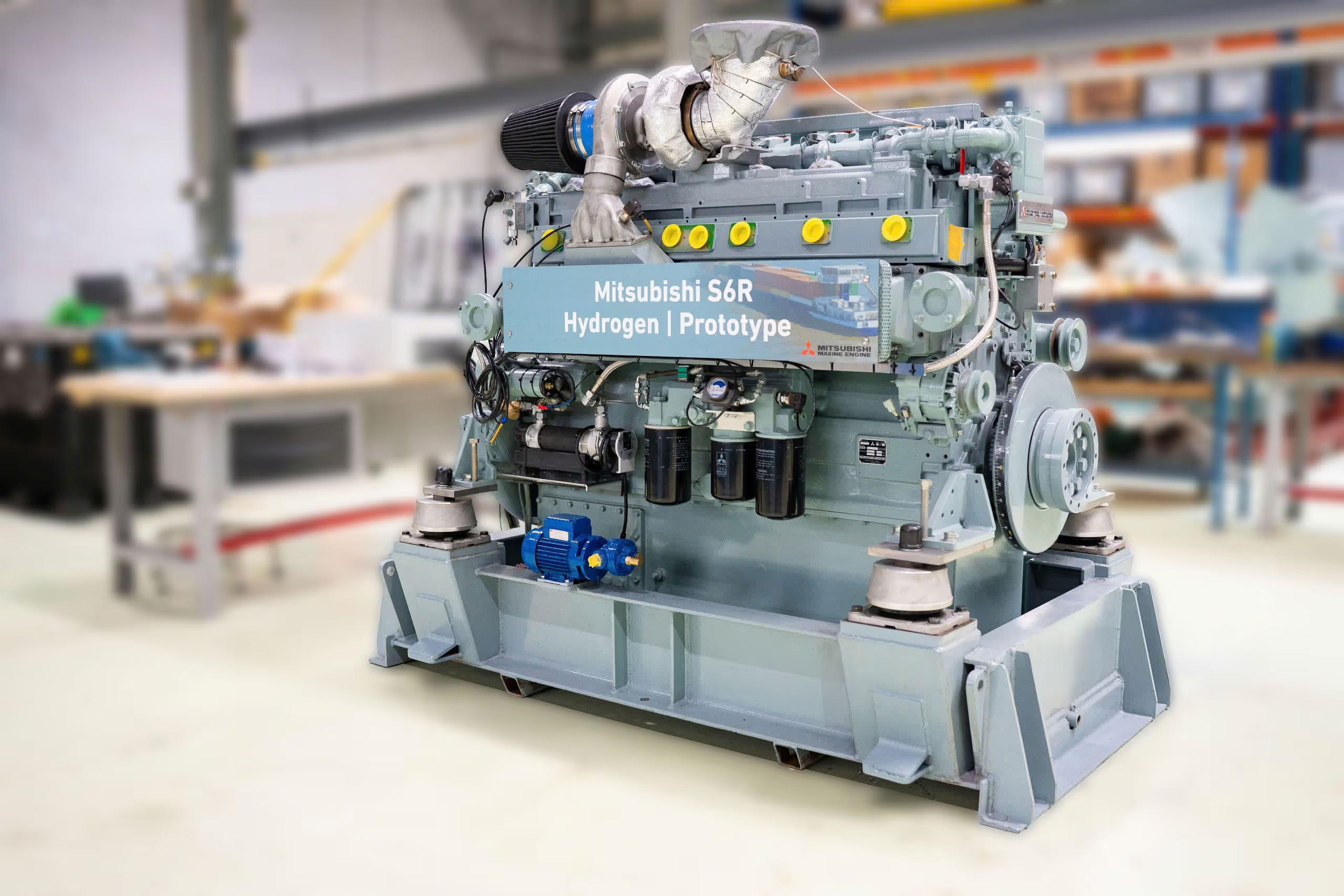
%20(Aangepast).avif)
